8 Movies Roger Ebert Hated So Much He Gave Them 0 Out of 4 Stars
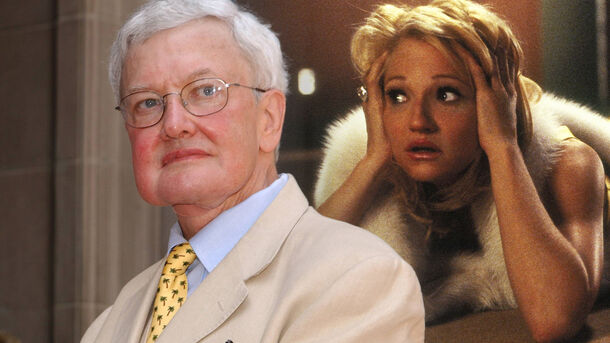
Thought The Hitcher and Tempest were good movies? Well, Roger Ebert is here to change your mind.
Roger Ebert, the legendary critic and the first winner of the Pulitzer Prize for film criticism, left a rich legacy of analytical reviews of movies of various genres.
We have collected eight movies that, according to Ebert, were so terrible that they did not deserve even one star out of four.
1. The Texas Chainsaw Massacre, 2003
.jpg)
Marcus Nispel's remake, filmed with the support of Michael Bay, was met with mixed reactions from viewers and critics. On the one hand, the story did not need a fresh look, as it had been reimagined many times in sequels. On the other hand, Nispel enriched the story with some artistic expression.
Roger Ebert said that “the new version of The Texas Chainsaw Massacre is a contemptible film: Vile, ugly and brutal. There is not a shred of a reason to see it.”
2. The Hitcher, 1986
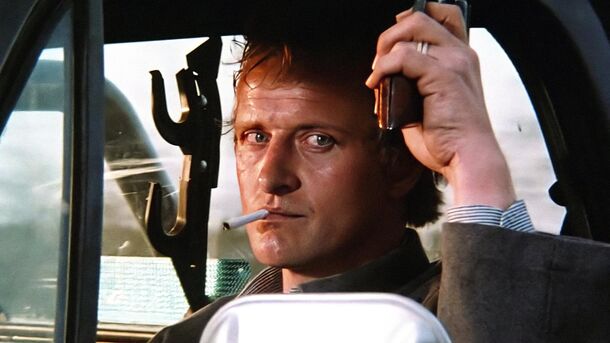
By the mid-1980s, viewets seemed to have been spoiled by the most unusual monsters, maniacs and serial killers, but the creators of the thriller The Hitcher managed to impress even seasoned fans of the genre.
Thanks to Rutger Hauer's phenomenal talent for playing infernal villains, a seemingly simple story turned into a gripping drama with many victims and a tragic ending. But it did not impress Roger Ebert.
He wrote in his review: “this movie is diseased and corrupt. [...] It prefers to disguise itself as a violent thriller, and on that level it is reprehensible.”
3. Wolf Creek, 2005
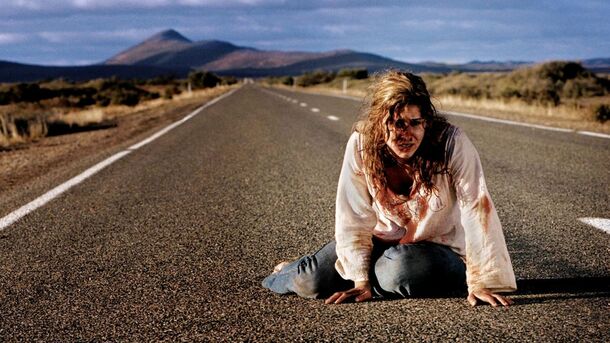
The prototype of the main antagonist of Wolf Creek was the madman Ivan Milat. The main characters are two British tourists who decide to go on a trip across the wild continent.
After its release, the movie was very popular with viewers and even received a sequel, which has even less to do with real events.
Roger Ebert, an opponent of senseless cruelty on screen, wrote: “it is a film with one clear purpose: To establish the commercial credentials of its director by showing his skill at depicting the brutal tracking, torture and mutilation of screaming young women.”
4. Caligula, 1979
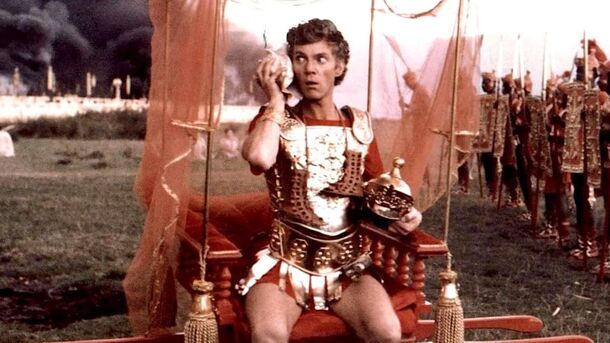
None of the Hollywood bosses could have imagined how the collaboration with Penthouse magazine publisher Bob Guccione for Caligula would turn out. It led to the firing of the director and even the inclusion of outright pornographic scenes in the final cut.
The one who suffered the most was Gore Vidal, a writer with a worldwide reputation, whose script was changed. Vidal demanded that his name be removed from the credits, but all the author could get was a change in the wording to “Based on an adapted screenplay by Gore Vidal.”
Roger Ebert echoed the sentiments of other critics, saying that “Caligula is sickening, utterly worthless, shameful trash. If it is not the worst film I have ever seen, that makes it all the more shameful.”
5. The Doom Generation, 1995
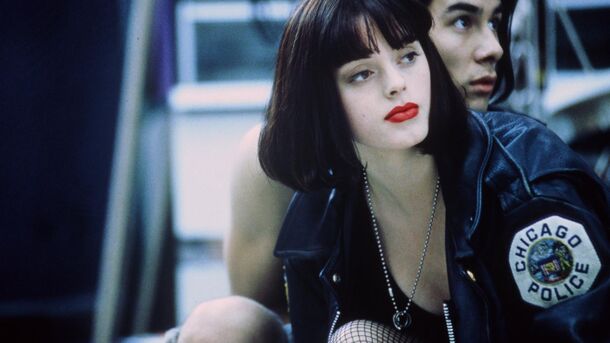
17-year-old Amy Blue, her friend Jordan White, and drifter Xavier Red are forced to go on a journey after Xavier blows off the head of a supermarket clerk. But now the number 666 follows them everywhere they go. And every time they stop for a burger, someone nearby dies a horrible, violent death.
Roger Ebert was not impressed by The Doom Generation, in his review he wrote: “words like "disaffected," "distanced" and "deadpan" flew from my mind onto my note pad while I was watching The Doom Generation.”
6. Mad Dog Time, 1996
.jpg)
Mafia boss Vic has been released from a mental hospital. In his absence, his old friend Mickey has been running the crime scene. While Vic was away, Mickey began an affair with his girlfriend, Grace. Now, Vic is determined to take back the reins of the Mafia.
Although Mad Dog Time received not-so-bad reviews from other critics, Roger Ebert wasn't impressed at all, saying: “watching Mad Dog Time is like waiting for the bus in a city where you're not sure they have a bus line.”
7. Tempest, 1982
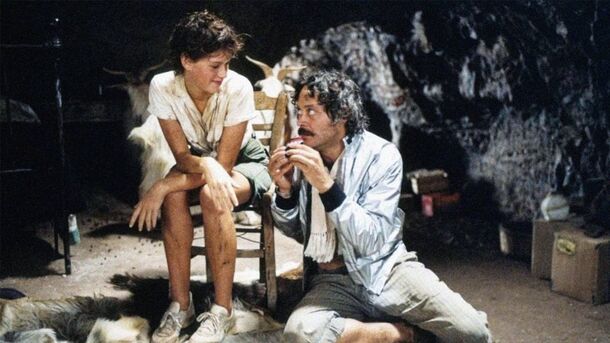
Phillip and Antonia's marriage is on the rocks. In search of a new purpose in life, Phillip travels to his native Greece. There, both Phillip and Antonia make new acquaintances. Antonia spends time with a financial magnate, and her husband falls in love with a young woman, Aretha.
Roger Ebert thought Tempest was just a long snoozefest. He wrote: “the movie is an ambitious experiment, but a long and tedious one.”
8. Walker, 1987
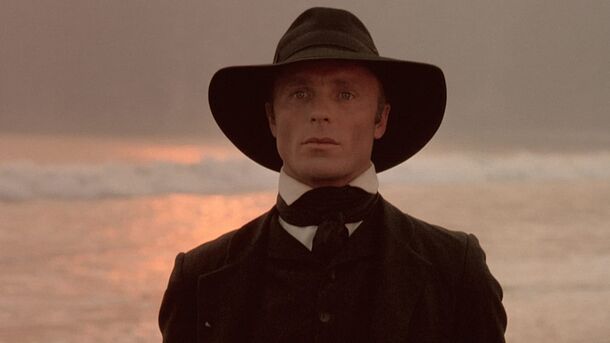
A biographical film about Colonel William Walker, a military leader and adventurer who, in 1853, planned to lead a group of 45 fighters to liberate the Mexican state of Sonora and create his own republic.
Roger Ebert said that Walker showed that it was a bad movie from the very first minutes: “some bad movies are in no hurry to announce themselves, but Walker declares its badness right from the opening titles.”
